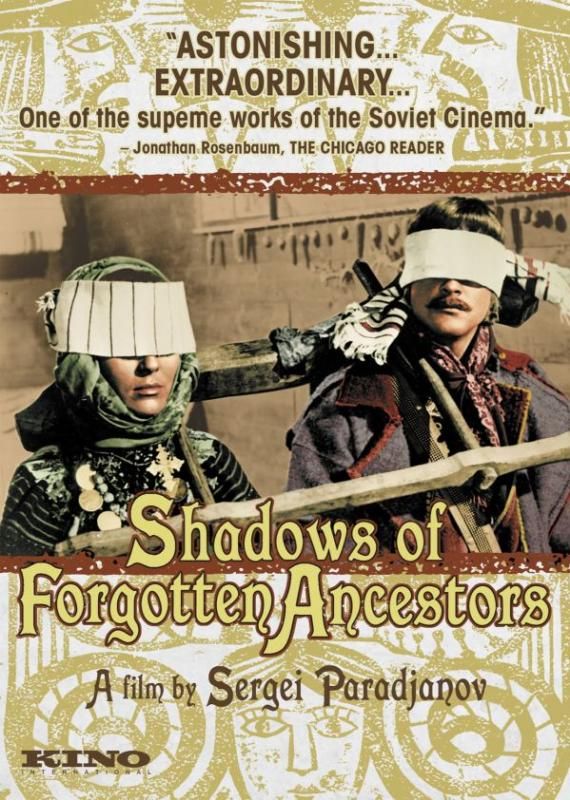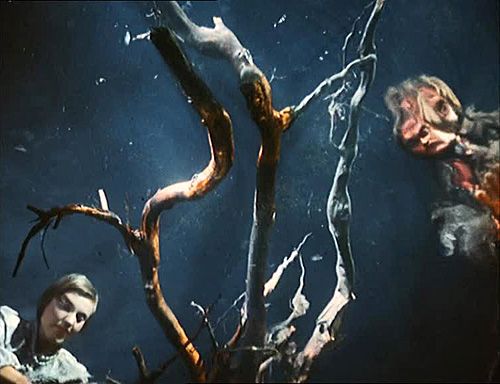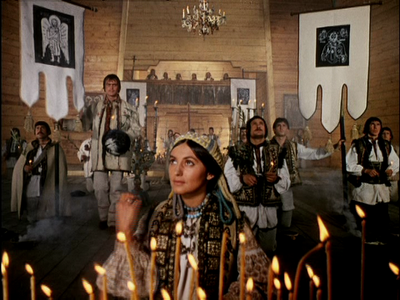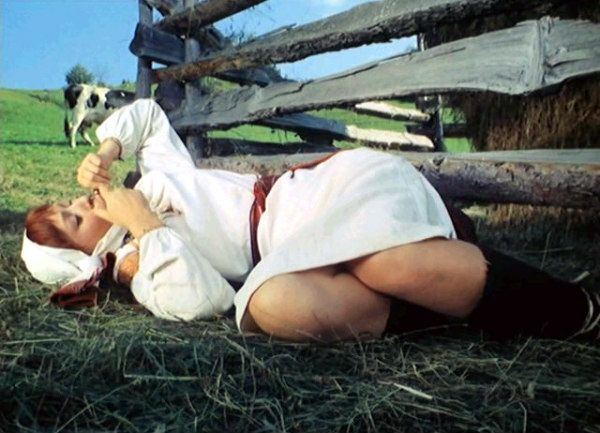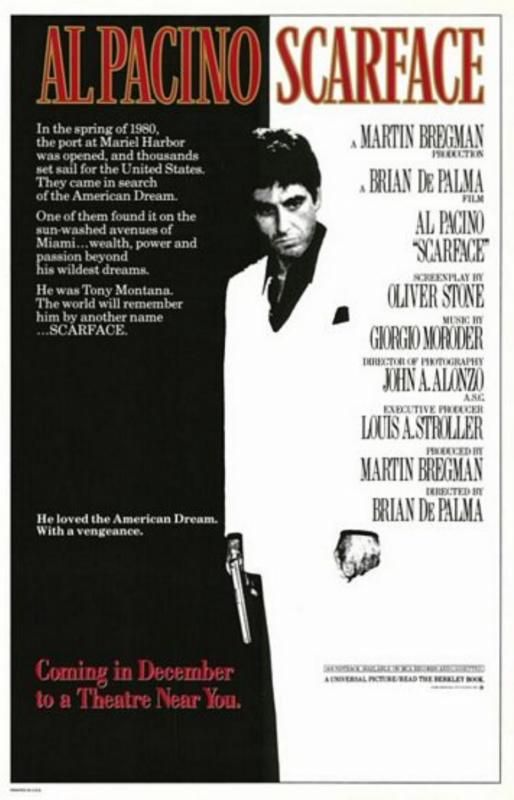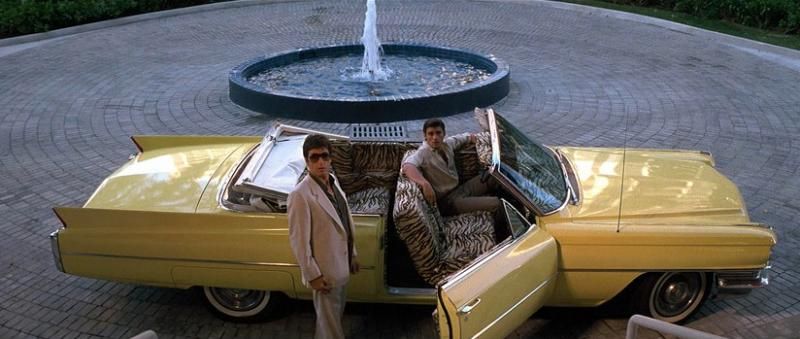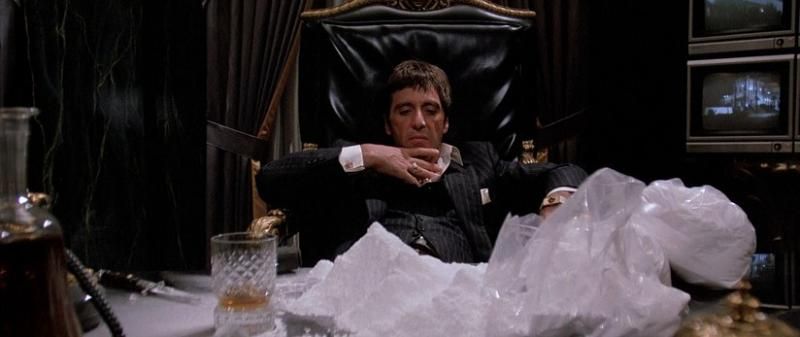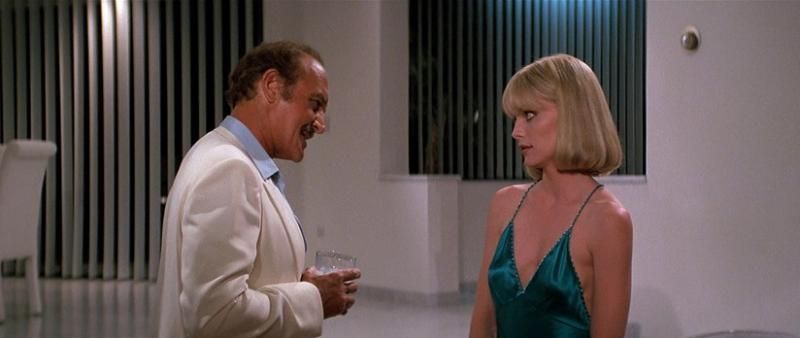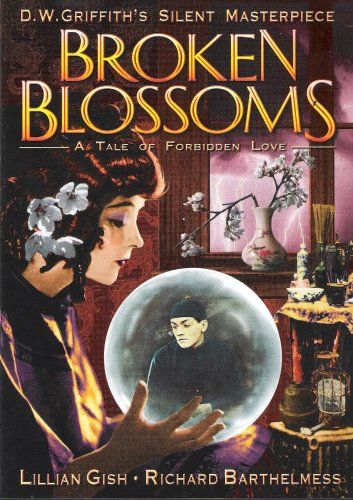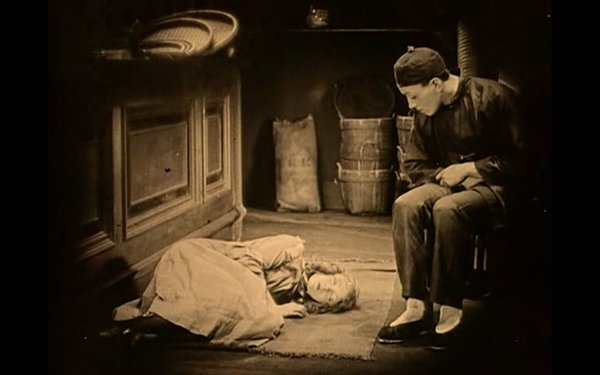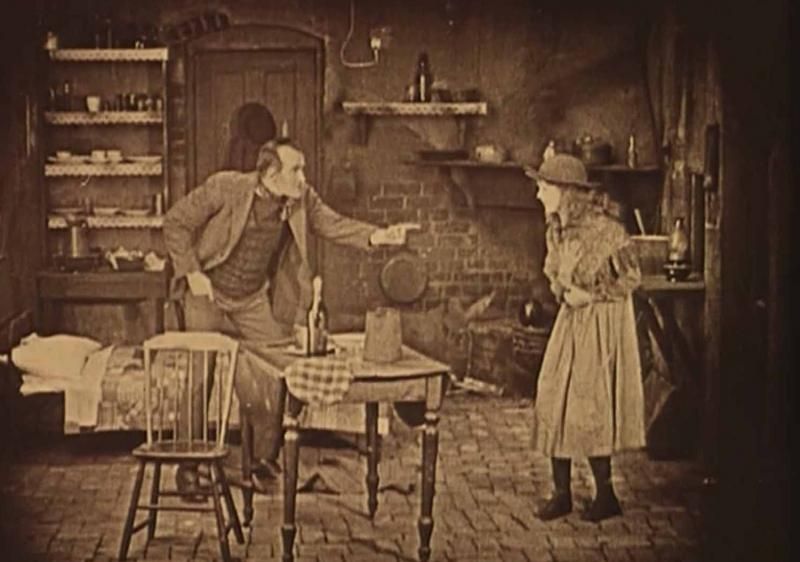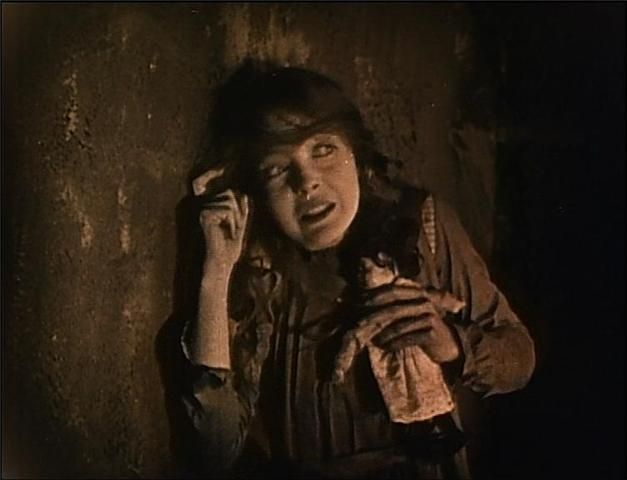The
Rapture
1991
Director: Michael Tolkin
Starring: Mimi Rogers, David Duchovny,
Kimberly Cullum
I’ve
made it a point to avoid organized religion in my life. I’m not averse to the concept of a higher
power, but religion bothers me. Despite
these personal preferences, however, I am more than open to films that explore
faith and religion, and especially how the two converge. By partaking of art that deals with these
topics, I know that I am working out some of my own questions while I
watch. I was looking forward to seeing The
Rapture because I knew the basic premise – moral degenerate finds faith
– and was hoping to delve into these issues yet again. In all honesty, though, The Rapture let me
down.
Sharon
(Rogers) is a telephone operator who says the same twenty odd words at her job
all day long and goes trolling for sexy locals with her swinging friend at
night. She meets Randy (a mulleted pre-X-Files Duchovny), picks up a
hitchhiker, and overhears her co-workers talking about some sort of religious
dream involving a pearl. Eventually, she
realizes she has been living in sin and becomes essentially a born-again
Christian, believing fully that the Rapture will come any day now and she will
be whisked away to Heaven. She manages
to ditch her old ways and converts Randy, getting married to him and having a child,
Mary (Cullum). Things get interesting,
however, when several events happen to test her faith.
My
big problems with The Rapture have little to do with the fact that it’s about
faith and Christianity. I’m cool with
that. I’ll watch that story. No, my problems with it are all about Sharon’s
journey. Sharon has two major character
changes to go through, the first where she finds faith and the second where she
might lose it. I’ve seen several films
that deal with either finding or losing faith, and find them fascinating… when
done well. I didn’t buy either of
Sharon’s transformations, and as such, I was annoyed with this movie.
Frankly,
the movie had me for about the first half hour or so. There are signs and hints in the movie up to
this point that suggest some sort of mythical, mystical, slightly cult-like
faith. Door-to-door messengers for God
have an intriguing conversation with Sharon.
Sharon is fascinated with an enormous pearl tattoo on the back of one of
her sexual partners. Conversations with
Randy, before their conversion, bring up issues of right and wrong and the
messages of religion. There is a feeling
here of something unknown, unknowing, just beyond the grasp of human
consciousness. I am 100% in favor of
this sort of mood in a film. It’s the
same mood that permeates The Last Wave, another movie
indirectly about the Rapture and issues of faith, and I think The
Last Wave is pretty damn good.
For the first half hour, I was excited, because The Rapture was shaping
up to have this same sort of aura of mysticism and faith. Great!
I’ll take it, I will gladly watch your movie.
But
then we run into trouble. Sharon feels
these slight pulls around her, she can smell that something seems to be
happening, but then BAM she wakes up one morning born-again. She transitions too fast, far too fast, and
with absolutely zero self-doubt. I
didn’t buy her conversion in the slightest.
One minute she’s having sex with David Duchovny (lucky girl) and the
next she tells him to get out of the bed because the sheets are unclean and so
is she and she wants her salvation and will meet her God, and in the same scene
she’s quoting the Bible. Wait…
what? This is how religious conversion
works? Just like that, in the flash of a
moment, you go from zero to sixty? Now,
I cannot speak for those who do, in fact, claim to be born-again, so maybe it
really does work that way, but it doesn’t work for me. I can’t believe it for a second, and for this
movie to work, you really have to believe Sharon. What’s worse, Sharon later manages to convert
Randy, but we never even see his conversion.
He goes from cynical lay-about to Christian leader in the space of a
film edit. Maybe this is my problem; I
enjoy seeing people grapple with faith and religion, and that is not what I was
treated to in this film. I was expecting
things The Rapture had absolutely no intention on providing me
with. Perhaps my expectations did me in,
but I really cannot forgive a movie that is so much about one woman’s journey
in faith for not actually SHOWING me a damn lick of that journey.
The
other major problem in Sharon’s story is her facing a loss of faith in the
final act of the film. For the middle
third of the film, the story has managed to convince me, somewhat against my
will, that Sharon has become a God-fearing proselytizing good Christian wife
and mother. The film spends a tremendous
amount of energy proving this is true.
Fine, okay, I’ll bite, despite the fact that you never really show to me
how she gets there, she whole-heartedly believes in Jesus Christ and God. Fine, if it’s necessary for the story you
want to tell me, I’ll believe it. And
then, just as suddenly, she’s losing her faith and might never get it back
again. Wait, what? REALLY?
No. Even facing the tremendous
and horrible tragedies that Sharon goes through, I cannot believe that the
woman the film spent such effort getting me to buy into would suddenly become
so damn obstinate in her lack of faith, especially when the unthinkable occurs
and she actually gets some PROOF. Sharon
is not as obnoxious as that, except, well, she apparently IS. I just don’t buy it for a second. And I’m angry at the film for making these
two huge shifts in character development with tremendously little to go
on. Frankly, it’s bad writing, and Mimi
Rogers isn’t nearly talented enough to overcome it.
It’s
really too bad. I wanted to go along
with Sharon’s journey, I really did, and the rest of the movie serves well to
bolster up around her story; for example, the production design is full of
silence and tension and the delicious burn of a slow build. But it falls so spectacularly flat. Not even Will Patton and Patrick Bauchau,
veteran character actors, can save it.
Not even several truly shocking twists in the final act are enough to
save it. Heck, not even David Duchovny’s
ridiculously ripped abs can save it.
It’s
so frustrating to want to like a movie, but then realize it’s going to
disappoint you.
Arbitrary
Rating: 5/10.




